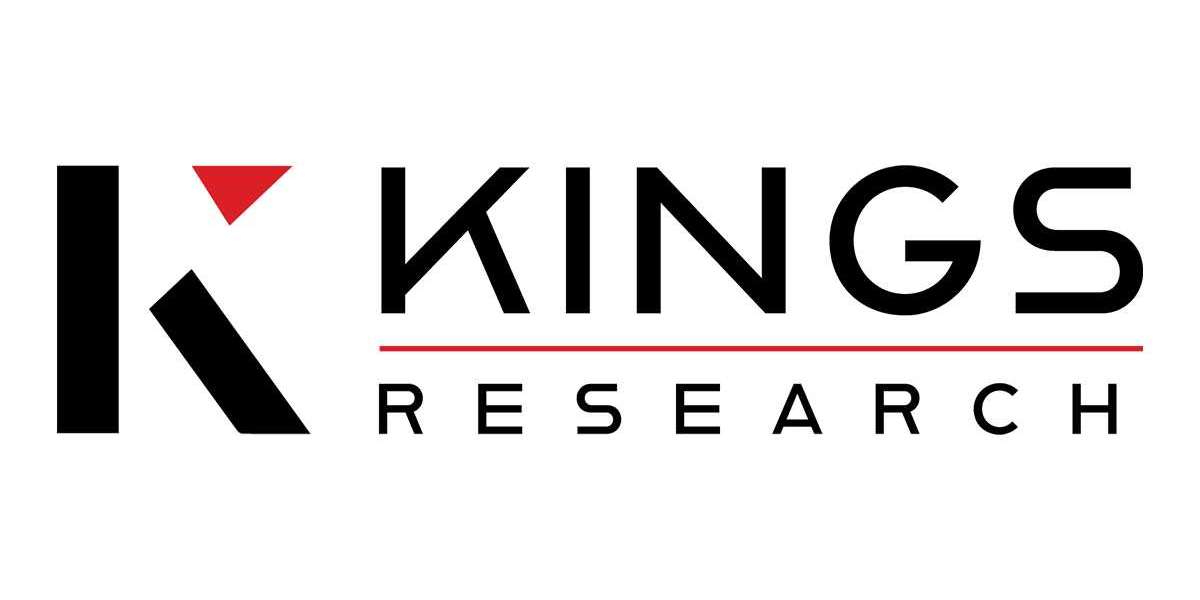Corruption remains one of the greatest challenges to global progress. It drains resources, perpetuates poverty, and weakens public institutions. In developing nations, corruption is especially destructive, depriving citizens of critical services and stalling economic growth. Addressing this issue is essential for sustainable development.
The Economic Impact of Corruption
Corruption disrupts economic stability by discouraging investment and increasing the cost of doing business. It diverts funds meant for infrastructure, healthcare, and education, directly impacting the well-being of citizens. Tackling corruption is therefore vital for achieving prosperity.
Building Strong Institutions
Independent Anti-Corruption Bodies
Governments must establish autonomous agencies equipped to investigate and prosecute corruption without interference.E-Governance and Open Contracting
The digitization of public services and open contracting systems reduce human involvement, minimizing opportunities for bribery and fraud.
Global Cooperation Against Corruption
International efforts are crucial in addressing cross-border corruption and money laundering. Collaborative frameworks allow nations to track illicit funds and hold global actors accountable.
The Power of Public Involvement
Grassroots Movements
Community-led initiatives can expose corrupt practices and pressure authorities to act.Social Media Advocacy
Digital platforms amplify public voices, creating awareness and driving action against corruption.
Conclusion
Combating corruption is a moral and economic necessity. By fostering transparency, empowering citizens, and ensuring accountability, nations can create environments of trust and opportunity. A corruption-free society is the foundation for equality, fairness, and long-term prosperity.







